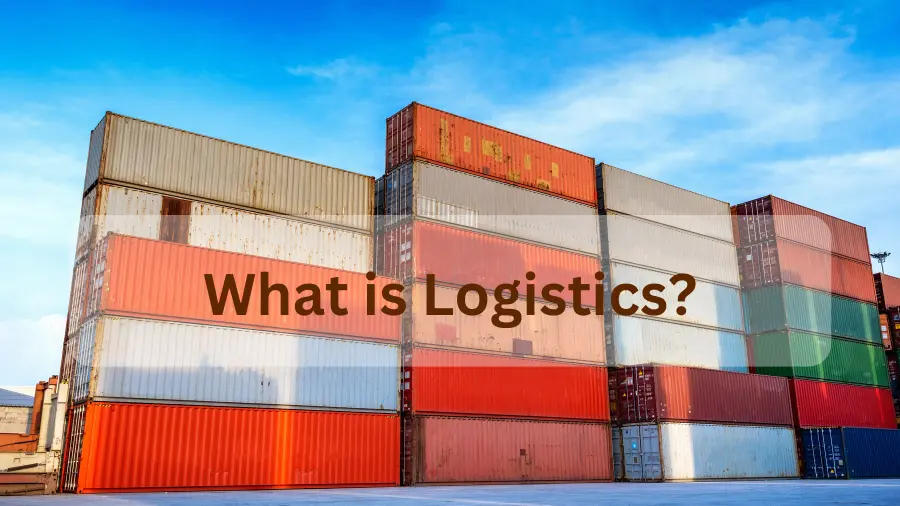Did you know logistics contributes nearly 10-12% to global GDP? For companies, that translates into massive opportunities for cost savings, efficiency, and customer satisfaction. Businesses that optimize logistics operations can reduce costs by up to 10% and improve delivery times by 20%—making logistics a critical driver of competitive advantage in today’s economy.
Definition of Logistics
Logistics is the strategic coordination of goods, services, and information across the supply chain. It covers everything from sourcing raw materials to delivering finished products to customers — ensuring efficiency, reliability, and cost control.
In practice, logistics ensures that:
-
Products move at the right time, to the right place, in the right condition
-
Costs remain optimized through better planning
-
Customers receive a seamless delivery experience
Why is Logistics Important?
Effective logistics management creates advantages that directly impact growth:
-
Customer Satisfaction → On-time, reliable deliveries strengthen trust and loyalty.
-
Cost Efficiency → Smarter inventory management and route optimization reduce waste and expenses.
-
Competitive Advantage → Agile logistics helps businesses adapt faster to market shifts and stay ahead of competitors.
Whether moving raw materials or finished goods, logistics is the engine that keeps supply chains moving smoothly.
Types of Logistics
Logistics can be grouped into three main categories, each addressing a different stage of the supply chain. The table below summarizes their scope, activities, and value:
| Type | What It Covers | Key Activities | Business Value |
|---|---|---|---|
| Inbound Logistics | Movement of raw materials and components from suppliers to production facilities. | Supplier management, transportation, warehouse intake, inventory coordination. | Reduces production delays, minimizes waste, and improves efficiency. |
| Outbound Logistics | Distribution of finished goods to customers or intermediaries. | Order fulfillment, packaging, transportation, last-mile delivery. | Faster deliveries, lower costs, stronger customer loyalty. |
| Reverse Logistics | Flow of goods back into the supply chain for returns, recycling, or refurbishing. | Product returns, repairs, recycling, sustainable disposal. | Supports sustainability, recaptures value, reduces waste and costs. |
Key Challenges in Logistics Today
Logistics is critical, but businesses face ongoing hurdles that can impact efficiency and costs:
1. Rising Transportation Costs
Fuel price volatility and limited freight capacity increase overall shipping expenses.
2. Regulatory & Customs Compliance
Complex import/export requirements, duties, and product classifications often cause clearance delays and penalties.
3. Global Supply Chain Disruptions
Events like currency shortages, geopolitical tensions, or pandemics can disrupt logistics flows and create uncertainty.
4. Sustainability Pressures
Growing demand for greener supply chains forces companies to rethink packaging, energy use, and reverse logistics practices.
Final Thoughts
Logistics is no longer just an operational cost—it’s a strategic advantage that drives growth, efficiency, and customer satisfaction. Companies that invest in strong logistics capabilities gain a lasting edge in today’s competitive market.
At IOR Africa, we help businesses simplify imports and exports with IOR and EOR services that ensure compliance, reduce risks, and accelerate market access. Partner with us to cut costs, stay compliant, and keep your supply chain moving without disruption. Contact us today to get started.

